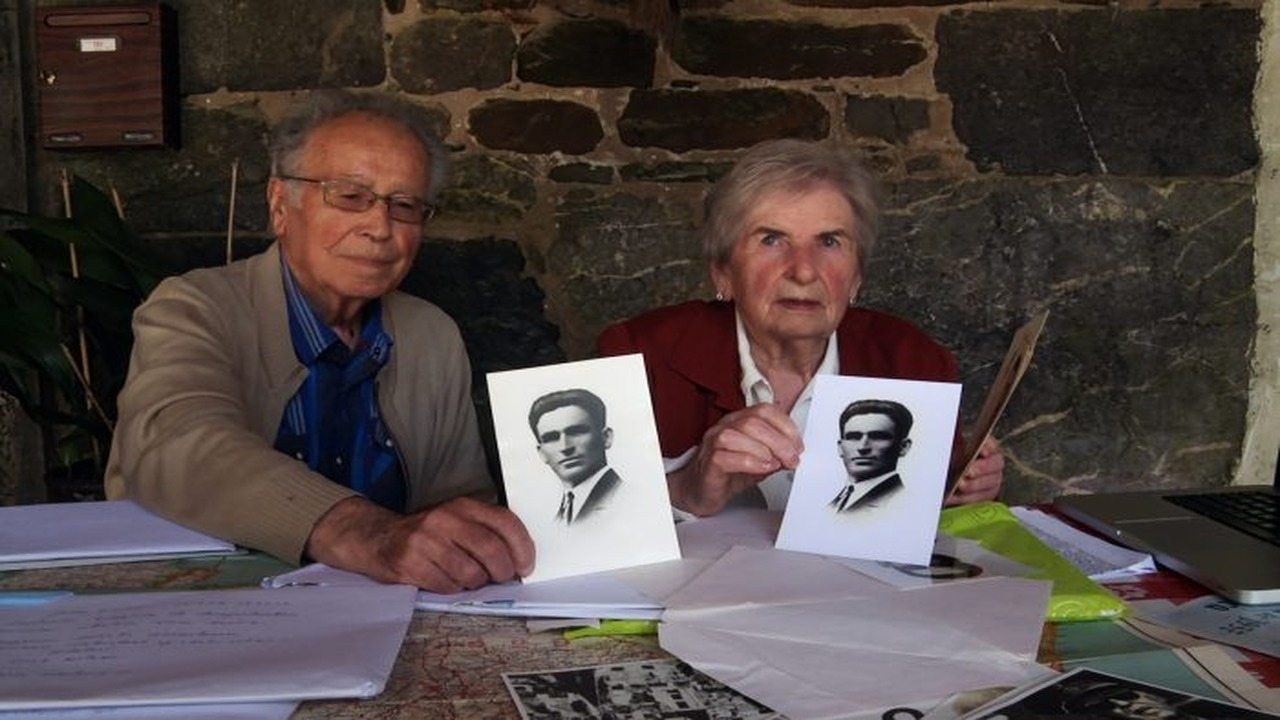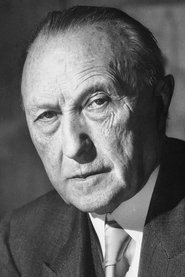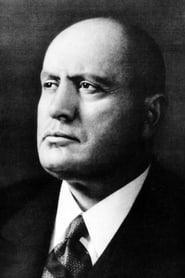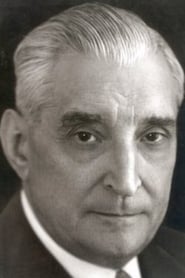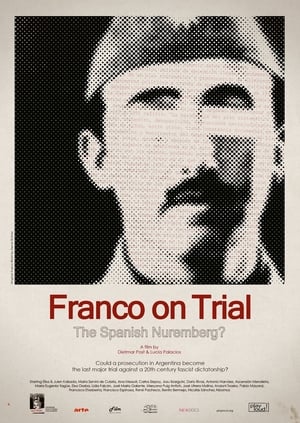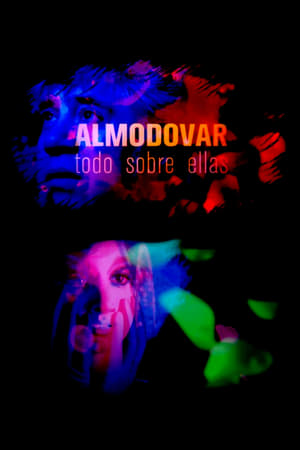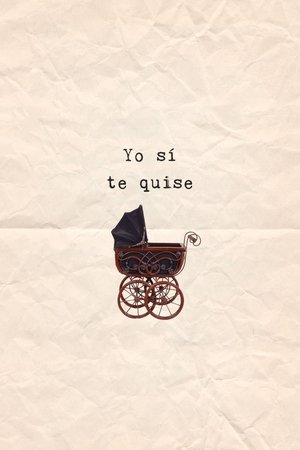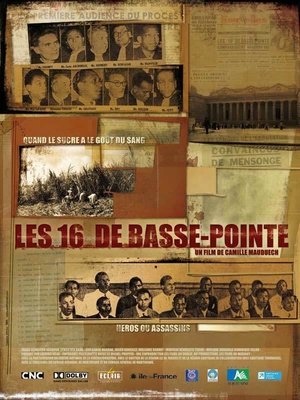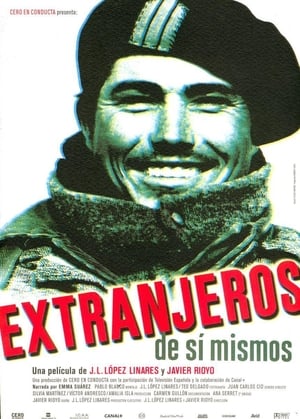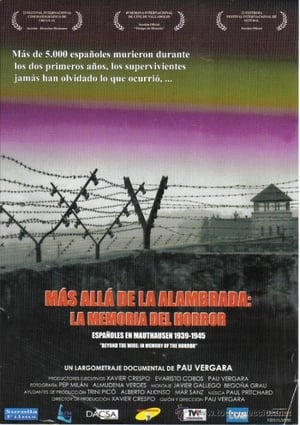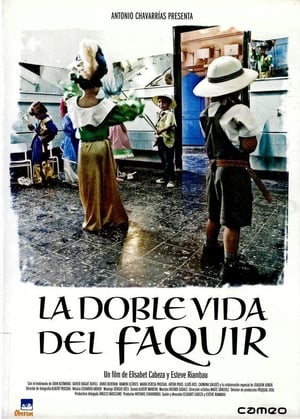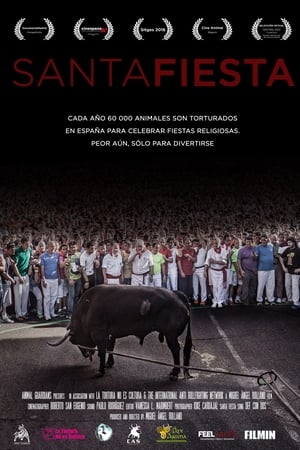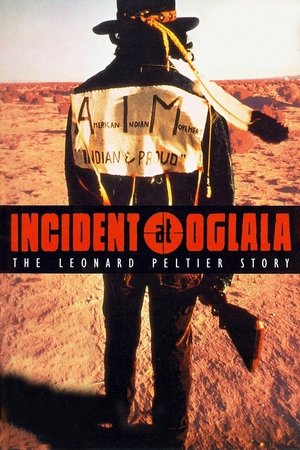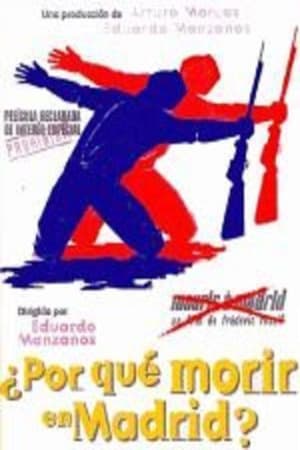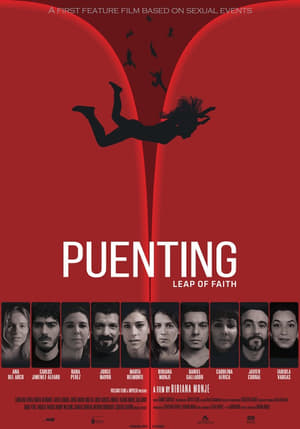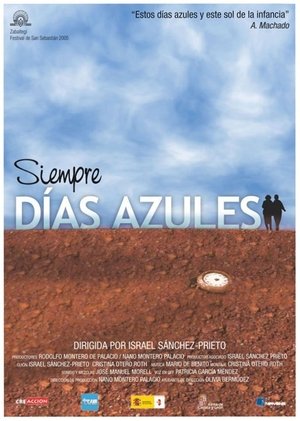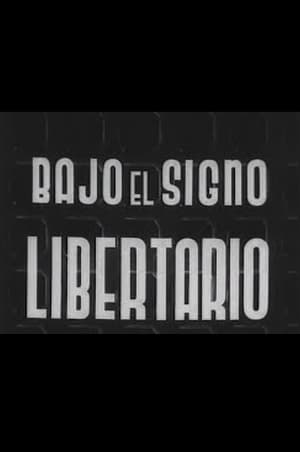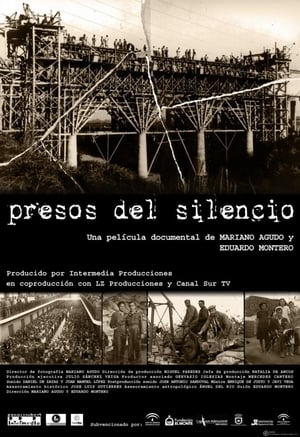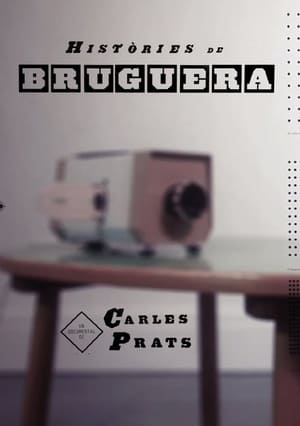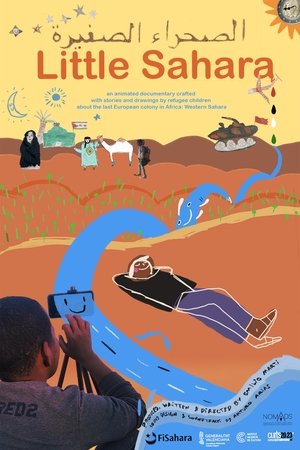Franco on Trial: The Spanish Nuremberg?
Top 5 Billed Cast
HomePage
Overview
Franco on Trial is the new film by Dietmar Post and Lucía Palacios. After the success of Franco's Settlers, their first encounter with Franco's dictatorship, they are now setting their sights on one of the darkest chapters of European history: the presumed organized extermination that took place during the coup, the war, and the subsequent dictatorship led by Franco, as well as Argentina's current effort, by invoking the principle of universal jurisdiction, to prosecute Francoists accused of committing crimes against humanity. The film is also a sore reminder of an issue that still stands today: the clear-cut accountability held by Germany, Italy, and Portugal. The film accomplishes to give both sides a voice - those against whom the killing has been directed; and the side of the perpetrators.
Release Date
2018-02-20
Average
0
Rating:
0.0 startsTagline
In 2010, an Argentinean judge launched an attempt to prosecute crimes committed during the Franco dictatorship. Will the so-called Argentinean trials become the Spanish Nuremberg?
Genres
Languages:
Keywords
